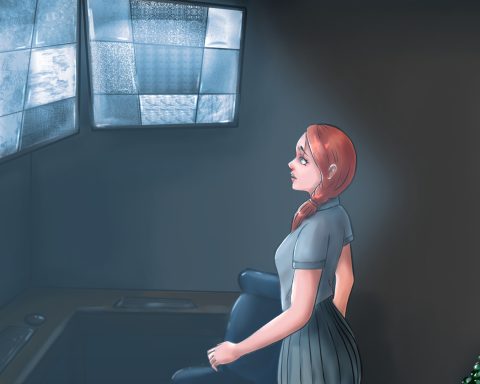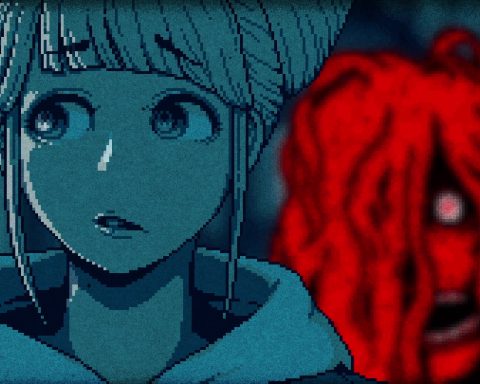Square Enix has hit on a brilliant system for doing demos, and come up with something that people will not only pay for, but actually want to keep them on the system after they buy the full game. I’m talking about Dissidia Duodecim Prologus – one of the smartest stunts I’ve seen the Japanese publishing giant pull to date.
Latest Articles
It’s such a tough gig to be an indie VN developer. It’s a niche genre at…
I admit, I might have a slight obsession with Urban Myth Dissolution Center, which launches in…
Planet Coaster 2 is good. But then Planet Coaster was good, and this is really just…
Super Monkey Ball is cute. Hatsune Miku is cute. Sega has its hand in both. It…
I’ve not seen the controversial Goblin Slayer anime or read the light novel, and I’m still…







